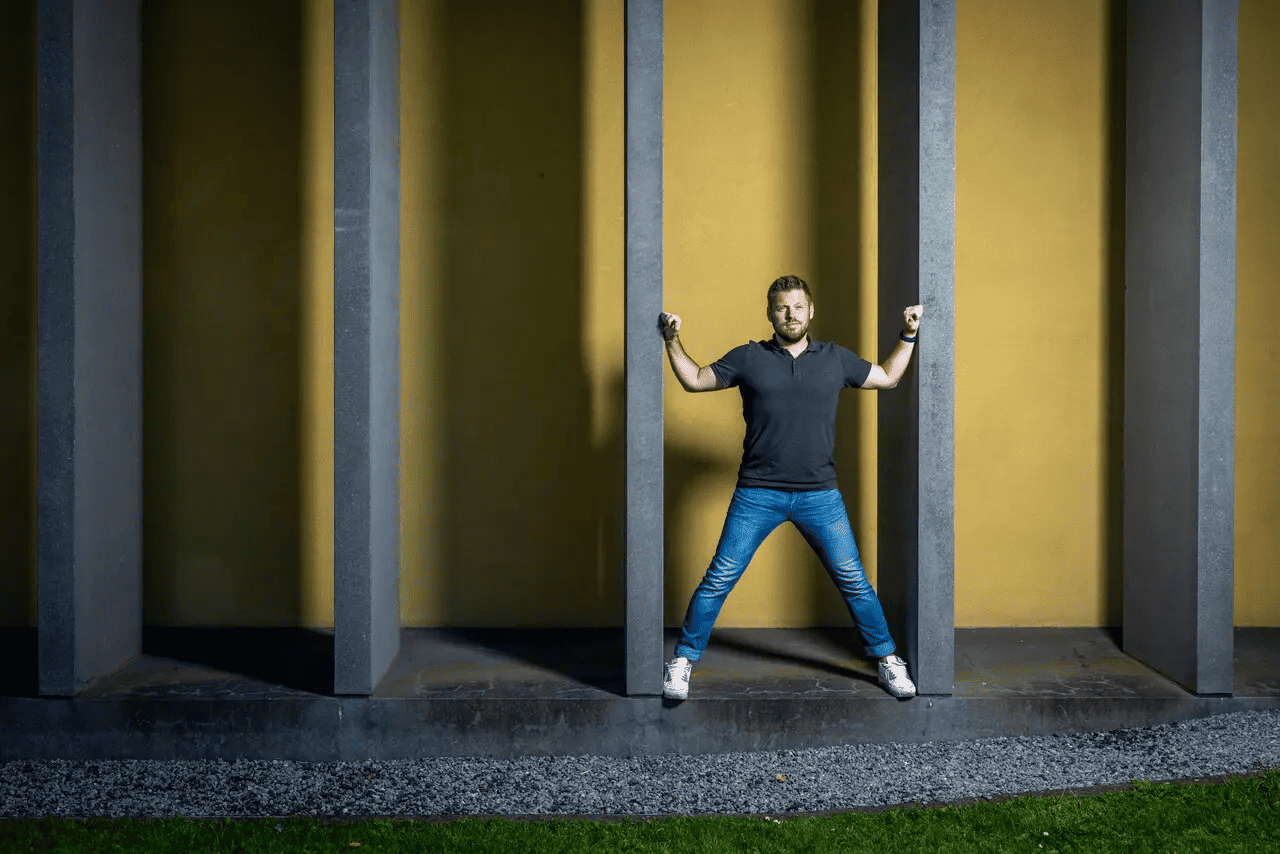
Radboud University Medical Center (Radboudumc) announced the start of collaborating with German medical centers on cancer research. Through funding provided by Interreg Deutschland-Nederland, the healthcare centers will focus on tumors in the head area, studying brain and neck cancer. The initiative is funding two projects: IMAGINATION and GrenszGlo.
Both projects will run for three years, with IMAGINATION receiving over €770,000 and GrenszGlo more than €400,000, divided into the different parties.
Optimizing AI for brain cancer studies
The IMAGINATION project, led by the Radboudumc, focuses on the identification of gliomas using AI. Gliomas, a term for various malignant brain tumors, are classified by the World Health Organization (WHO) based on molecular characteristics linked to patient survival, which can range from 15 months to 7 years. Early identification of glioma types is crucial for patient outcomes. Recent scientific advancements have demonstrated that advanced radiologic magnetic resonance imaging (MRI) can now characterize these tumors non-invasively using artificial intelligence (AI). This breakthrough eliminates the need for invasive brain biopsies.
AI’s success in this field depends on access to a vast number of cases. Therefore, the project partners will create and update a case database to help the model function optimally. The project aims to evaluate and standardize the use of AI analyses on MRI data for glioma patients within the collaboration region. This partnership aims at enhancing the representativeness and generalizability of findings, leading to a deeper understanding of radiological care for glioma patients worldwide.

Effective brain tumor strategies
GrenszGlo is dedicated to revolutionizing healthcare for patients with paraganglioma tumors in the head and neck region. These are rare tumors that originate along major blood vessels in the brain. Both Universitätsklinikum Düsseldorf and Radboudumc in Nijmegen are renowned for their expertise in treating glomus tumors. Despite their reputation, treatment approaches can vary significantly due to uncertainties about the optimal strategy.
Paragangliomas in this region are particularly challenging because they grow around critical structures such as nerves and arteries. Although usually benign, these tumors can cause significant discomfort, with symptoms including headaches, tinnitus, hearing loss, difficulty swallowing, and even facial paralysis. Given the rarity of this condition, cross-border collaboration is essential to pool knowledge and refine treatment methods. GlenszGlo’s mission is thus to establish the most effective patient treatment journey.








